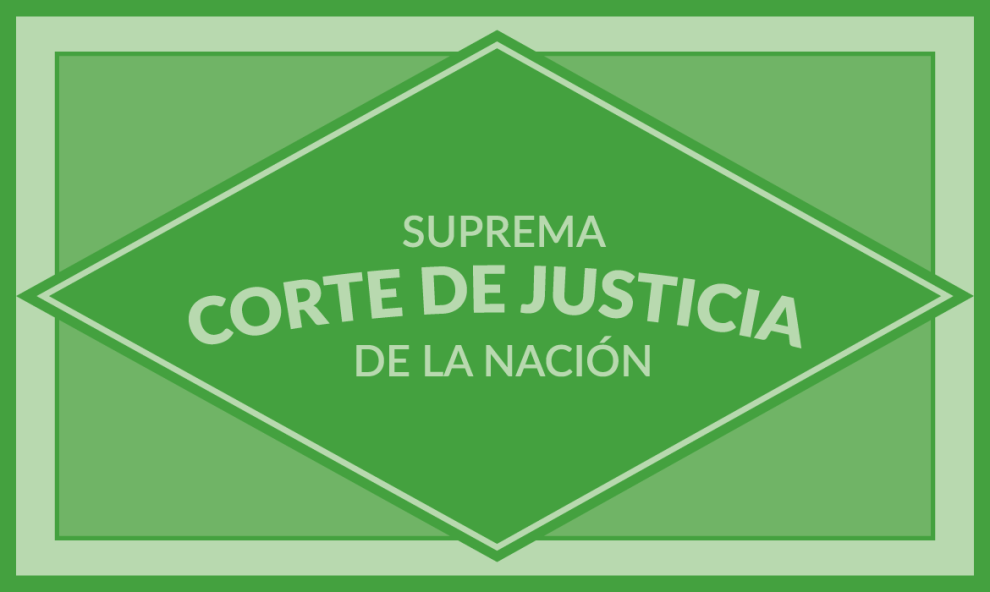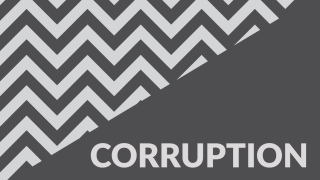In Greek mythology, Pandora, the first woman on Earth, was introduced to Epimetheus in revenge for his brother Prometheus’s having purloined the secret of fire. In her new abode, Pandora found a two-handled amphora in which all the evils and disgraces of humankind had been concealed. Her curiosity piqued, Pandora opened the jar, inadvertently releasing all of the evils. Only hope remained inside. In recent days, with its resolution in matters of interconnection and the Federal Telecommunications Commission (COFETEL), the Supreme Court let loose many evils, condemning us to hope, because that’s all there is, that the Court knew what it was doing and that it did not create an ill-starred precedent.
Although, as has been its recent custom, the Court did not delve into the heart of the matter, in its resolution on interconnection tariffs emitted by the COFETEL it opened a veritable Pandora’s box not on the immediately relevant theme, but on what the public interest is. I’ll proceed by parts.
The recent vote of the Supreme Court of Justice of the Nation (SCJN) denies the possibility of obtaining a court injunction with respect to resolutions on interconnection tariffs emitted by COFETEL. The Court decided that suspension in matters of regulatory-type injunctions is not fitting, which has enormous implications for directly involved companies, but above all for the consumer. The reasoning that led the Supreme Court justices to arrive at this conclusion is the following: first, interconnection tariffs are “of the public interest”, and second, the enterprises involved are concessionaires, that is, they enjoy the benefits of a public good.
At first glance, just as it has been interpreted in the press, the resolution has had the benign effect of cancelling for TELMEX the opportunity of impeding the functioning of COFETEL as the regulatory entity through a strategy founded on the systematic and infinite interposition of injunctions. Protecting their interest, TELMEX had been doing precisely the same thing for years, which hindered the regulatory organ from imposing its regulations (some good, others bad) on actors in the telecommunications market. In terms of this specific theme, if COFETEL effectively reduces the interconnection cost, the market would acquire enormous dynamism. So far so good.
However, more careful review of the contents of the resolution reveals a profound oversight by the justices concerning the implications and transcendence of their ruling. In the first place, as noted by Justice Margarita Luna-Ramos (who was not in agreement with the content of the resolution and voted against the majority), all laws contain an expression of “public interest” that legislators include as a matter of course. From this perspective, to deny suspensions in judgments on injunctions in all themes and matters in which the public interest is claimed would imply destruction of the protection of the right to an injunction granted to the interested parties in all laws! In other words, by not probing the essence of the matter, the Court limited itself to a resolution that concerns the specific theme, but one that also created a precedent of galactic dimensions for any other theme that betakes itself to appear.
The other element skirted by the Court is similarly worrisome. Given our constitutional structure and how it conceives of private property, countless economic activities are managed not as the property of private individuals, but rather as governmental concessions to these parties. Concessions abound for ports, airports, highways, telecommunications, radio, television, and mines. With its decision, the Court established the precedent by which suspension can come to be denied in the presence of any acts of authority for any private-enterprise concessionaire. This principle recasts the entire concept, no less, of the relationship between private parties and the State.
The purpose of the Rule of Law is to protect the citizen from arbitrary action of the State. According to Hayek, the Rule of Law in essence implies that “the government in all its actions is bound by rules fixed and announced beforehand -rules which make it possible to foresee with fair certainty how the authority will use its coercive powers in given circumstances”. This resolution of the Court confers on the State the precedent of being able to cancel any concession. This is precisely what Hugo Chávez has done in Venezuela in recent years.
A government with an inclination resembling that of Venezuela could, thanks to this jurisprudence, usher into bankruptcy any commercial concessionaire only to nationalize it at a later date. The mechanism would not be difficult to imagine: first, establish an exaggeratedly high tariff that would correspond to an incremental cost for the respective company, or a ridiculously low levy that corresponds to such a paltry income that it would end up wiping out the enterprise. Of course, the aggrieved concessionaire could request an injunction and, over time, win the judicial injunction and demonstrate that the administrative resolution was unjust or that it was in non-compliance with the terms of the concession. But, as we have observed in the case of Venezuela, it could in many of these cases be a Pyrrhic victory because these affairs take years to sort out and, by the time the Court steps in, the majority of companies would have failed. When a government persists (recall the seventies in our country), the potential for destruction is interminable.
What is evident is the flagrant contradiction inherent between the immediate theme (the suspension: to concede or not to concede) and the fundamental issue (what the public interest comprises). Because the Court limited itself to deliberating on the immediate matter, it opened an enormous Pandora’s box in matters of much greater transcendence. In a word, it granted the government an expropriatory power through the rear portico.
Affairs directly related with the suitability of interconnection tariffs will resolve themselves. However, this mania of SCJN justices not entering into the heart of the matter will perhaps make life easier for them and avoid very controversial resolutions. However, the cost for society and for economic development can wind up being prohibitive due to the precedent that they establish. More importantly, not entering into the crux of the matter implies the Court’s abdication of its constitutional-court function, permitting the conflict, or survival of the fittest, to resolve itself.
John Locke, an XVII-century English philosopher, affirmed that “Wherever Law ends, Tyranny begins”. The Supreme Court has just positioned us a little closer to this possibility.





Comments